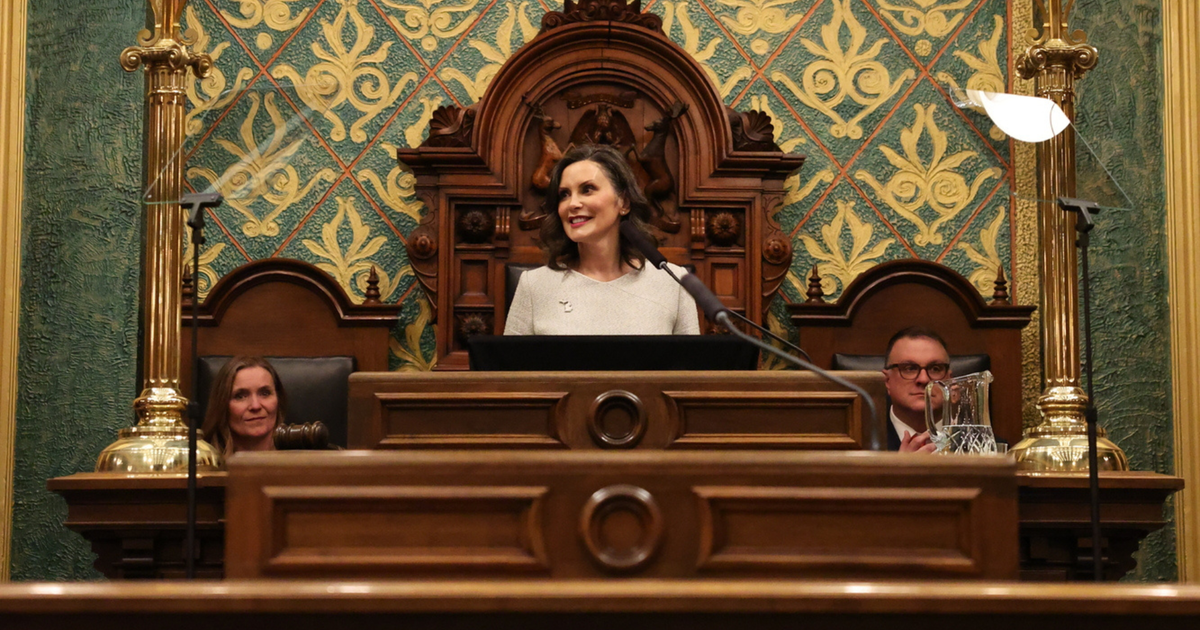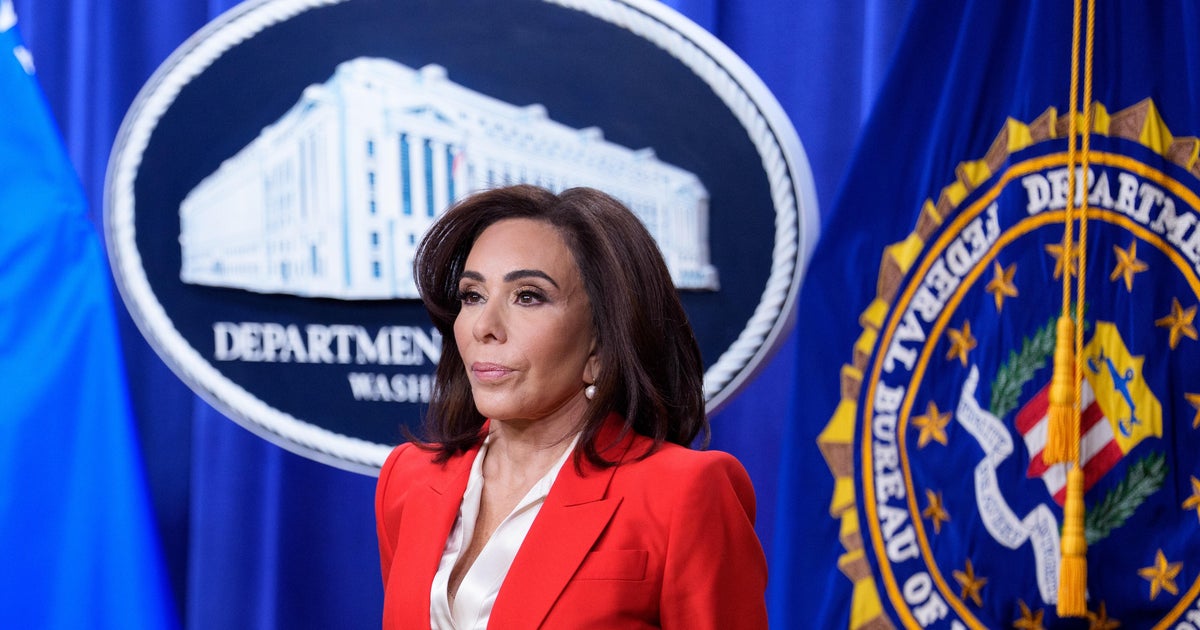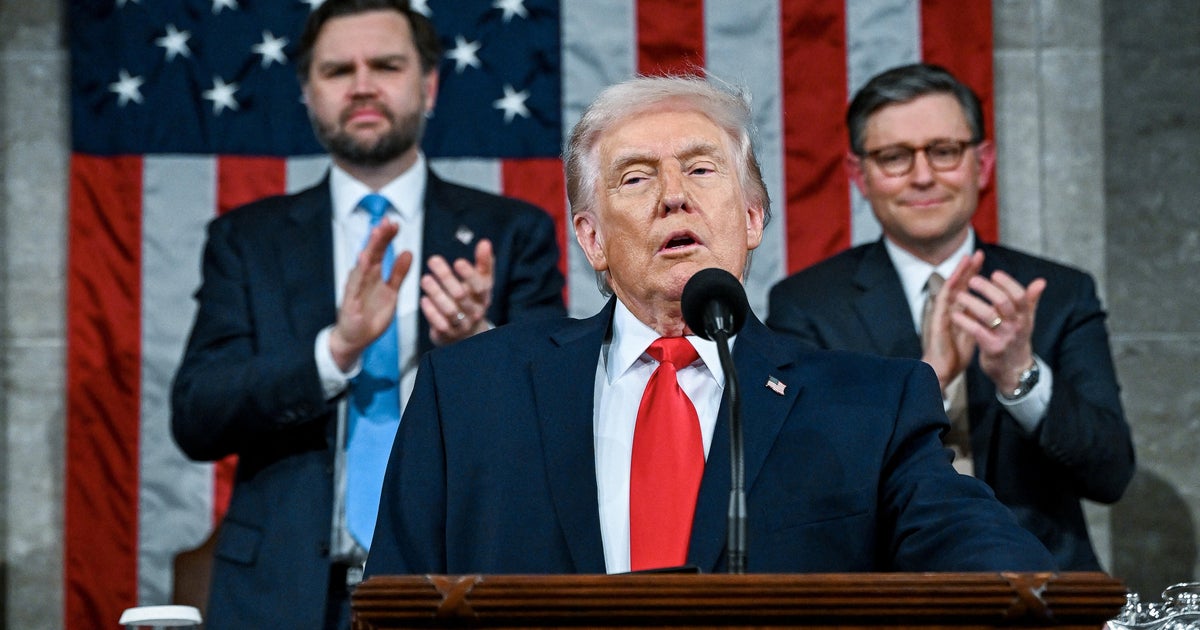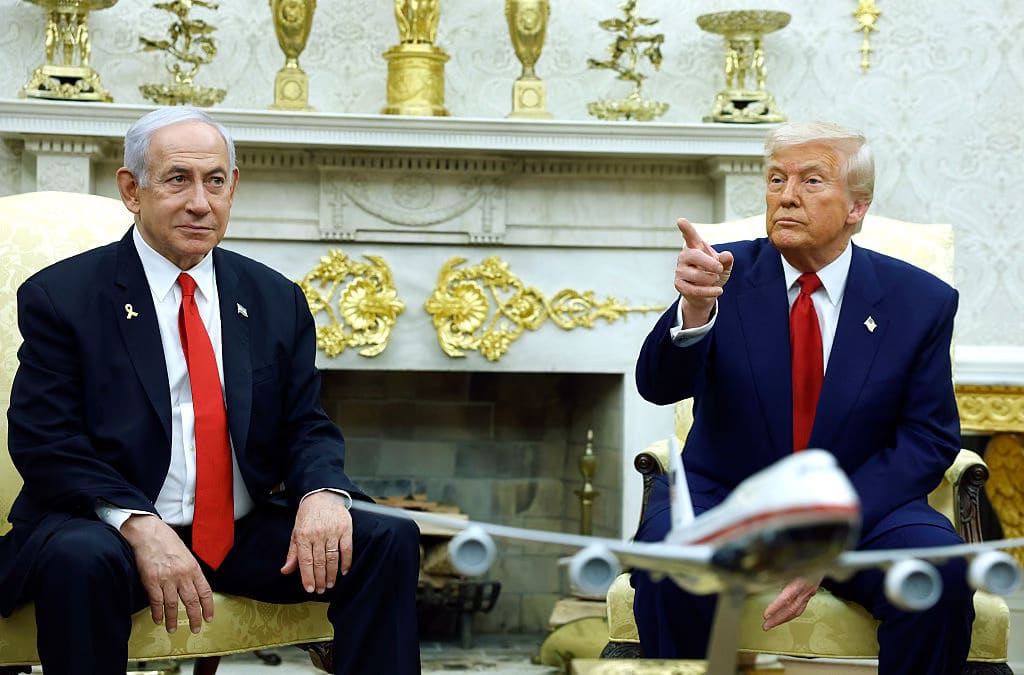CIA Director William Burns to travel to Europe for fourth round of Gaza hostage talks
CIA Director William Burns will soon travel to Europe for a fourth round of multiparty talks aimed at brokering a broadened deal to release the more than 100 hostages still being held in Gaza, a source familiar with the matter confirmed to CBS News on Thursday.
Burns is expected to meet in France with David Barnea, the head of Israel's Mossad intelligence agency, and Qatari Prime Minister Mohammed bin Abdulrahman Al Thani, the source said. Egyptian intelligence chief Abbas Kamel is also involved. All four have engaged in previous rounds of negotiations aimed at freeing hostages in exchange for a cessation of hostilities, a principal demand by Hamas.
Six male U.S. citizens are believed to be among those still being held hostage in Gaza. Hamas took hundreds of people hostage during its attacks across Israel on Oct. 7.
The CIA declined to comment on Burns' travel schedule, which is classified. The director traveled to Doha twice in November and to Warsaw in December as part of an effort to secure the release of the remaining hostages.
The latest talks follow meetings this month between the National Security Council's Middle East coordinator Brett McGurk and senior Egyptian and Qatari officials, part of a diplomatic push by Washington and Doha to get Israel and Hamas to negotiate a deal. The effort coincides with a Biden administration push for Israel to wind down its intense military operations in Gaza.
The family members of the six remaining Israeli-American hostages also met with several Biden advisers on Jan. 18 in Washington. In a statement marking 100 days of the Israel-Hamas war, President Biden said the U.S. "will never stop working to bring Americans home."
On Sunday, as news broke of McGurk's latest diplomatic push, Israeli Prime Minister Benjamin Netanyahu released a scathing statement saying that Israel rejected Hamas' terms for a release because they included an end to the war.
"Hamas is demanding, in exchange for the release of our hostages, the end of the war, the withdrawal of our forces from Gaza, the release of the murderers and rapists of the Nukhba and leaving Hamas in place," he said. "I am not prepared to accept such a mortal blow to the security of Israel; therefore, we will not agree to this."
Netanyahu's government has faced domestic political pressure from the hostages' families, who continue to campaign for the release of their loved ones as Israel's military campaign continues in the 25-mile-long Palestinian enclave.
Netanyahu's public position has been that military force will ultimately get Hamas to capitulate and agree to release the hostages. However, a divide within the war cabinet recently spilled out into public when Gadi Eisenkot, a former general, told an Israeli TV outlet that it would be impossible to secure the safe return of the hostages without a diplomatic agreement.
A source familiar with the negotiations over the hostages said Netanyahu's opposition was an impediment to reaching an agreement. The Israeli embassy did not have immediate comment.
The attempts to broker a diplomatic deal have been at an impasse since an initial breakthrough in November led by the U.S. and Qatar that resulted in the release of more than 100 hostages and more than 200 Palestinian prisoners.
Tensions between Israel and Qatar were recently heightened after leaked audio surfaced of Netanyahu talking down Doha's efforts while in conversation with Israeli hostage families.





